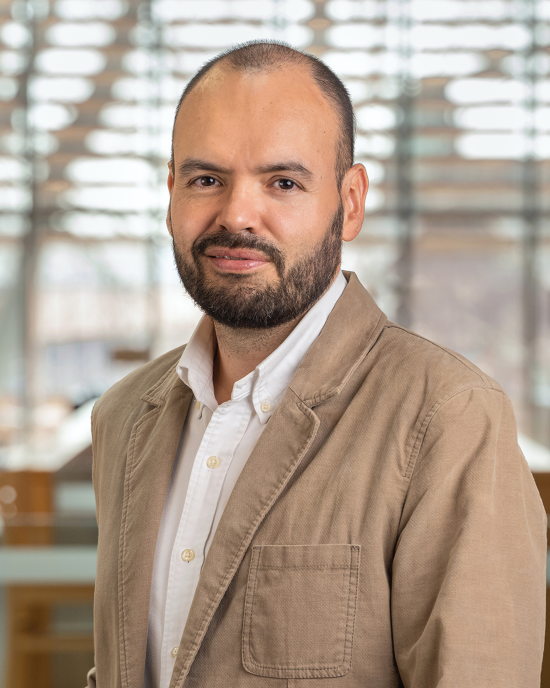
J. Nicolas Hernandez-Aguilera
Associate Research Scientist

Associate Research Scientist
J. Nicolas Hernandez-Aguilera (Nico) is an Associate Research Scientist at Yale School of the Environment and a former Columbia Earth Institute Postdoctoral Research Fellow. He received his Ph.D. in Applied Economics and Management from Cornell University, and his research focused on smallholders, forests, and climate. In particular, he has evaluated the impact of direct business models in tropical crops like coffee and modeled profitable agroecological cropping systems to incentivize bird and forest conservation. More recently, he has designed digital tools and games to motivate and scale smallholders' generation, translation, and use of climate and land management information, improving climate risk adaptation strategies and land-use practices based on smallholders' real context and needs.
My teaching philosophy is based on mutual respect and appreciation of differences. This philosophy implies an honest recognition of diverse scholars’, researchers’, practitioners’, and communities’ knowledge and experiences and, overall, the value that every student adds to the class. My teaching philosophy is also reflected in my extended and diverse teaching in ten social science graduate and undergraduate courses at three different universities in the USA (Columbia, Cornell, University of Pittsburgh) and top programs in South America. Through that comprehensive teaching experience, I have developed the skills to generate an inclusive and experience-based learning environment.